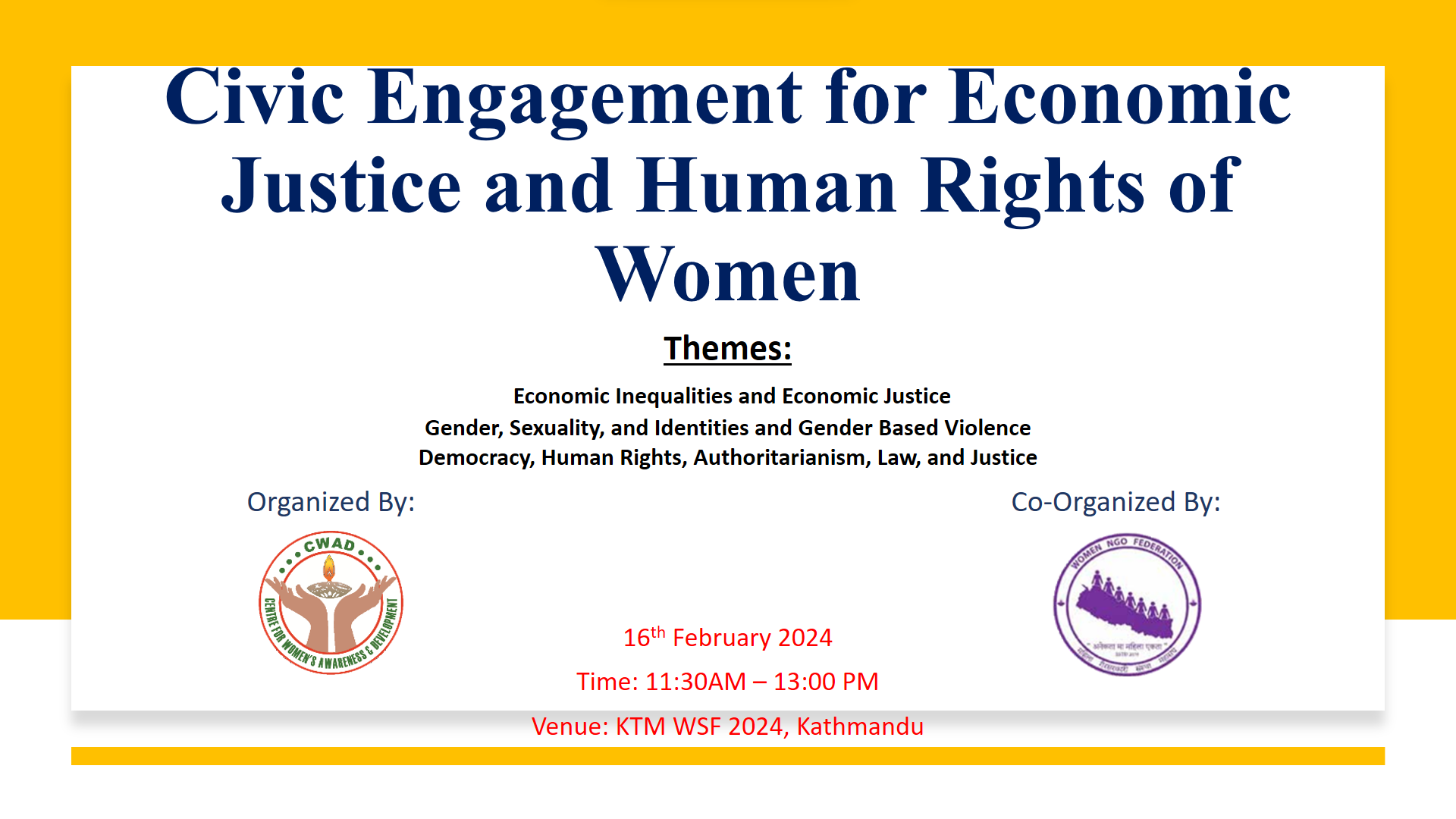

Human rights principles guide governments in shaping development policies, offering a rights-based framework for accountability. However, sustainable promotion and protection of human rights hinge on good governance, encompassing legal policies, political processes, and institutions. Likewise, Good governance ensures effective decision-making, exercising political, economic, and administrative authority responsibly. It addresses government failures, promoting poverty reduction and sustainable development. Emphasizing inclusivity, it engages marginalized groups in decision-making, fostering equitable resource distribution and economic growth.
Both good governance and human rights share core principles like participation, accountability, transparency, and the rule of law, empowering individuals for dignified and free living. Nepal, undergoing political settlement and constitutional changes, faced setbacks in overall development due to a civil war and subsequent struggles.
Despite ongoing recovery efforts, the unexpected COVID-19 pandemic worsened economic vulnerabilities globally and particularly impacted Nepal's informal sector. The health crisis evolved into a socio-economic downturn, affecting millions, especially those in the informal sector without insurance coverage. Urban areas experienced economic slowdowns, potentially followed by rural areas due to reduced demand and remittances. Secondary effects of COVID-19 disproportionately impacted vulnerable groups, including informal workers, daily wage earners, migrants, and women-led businesses. A gender analysis report highlighted increased unpaid care workload for women during lockdowns, with severe impacts on livelihoods and income, exacerbating food insecurity.
Gender disparities persist in Nepal, with a male-to-female employment ratio of 100:59 and lower average monthly income for women. Despite constitutional guarantees, challenges in gender equality persist. The Constitution ensures citizens' right to employment, labor rights, and women's rights, creating an opportunity for advocacy.
The Center for Women and Development (CWAD) can leverage its expertise to advocate for economic justice in upcoming laws and policies. Economic justice focuses on ensuring equitable access to resources, freeing individuals from economic concerns. CWAD aims to address and promote economic systems fostering equitable, sustainable, and democratic societies, seizing the opportunity to advocate for the economic justice of women and marginalized groups.
-
VenueNepal Law Campus, Block-C, Floor-2 , Room No. 208
-
Cultural activityNo
-
Duration90 Minutes
-
Get in touchWhatsapp or phone
-
Modalityphysical
-
LanguageEnglish
-
Other LanguageNepali
-
Contact Whatsapp
-
Contact Email
-
Economic Inequalities and Economic Justice
-
Gender, Sexuality, and Identities and Gender Based Violence
-
Democracy, Human Rights, Authoritarianism, Law, and Justice